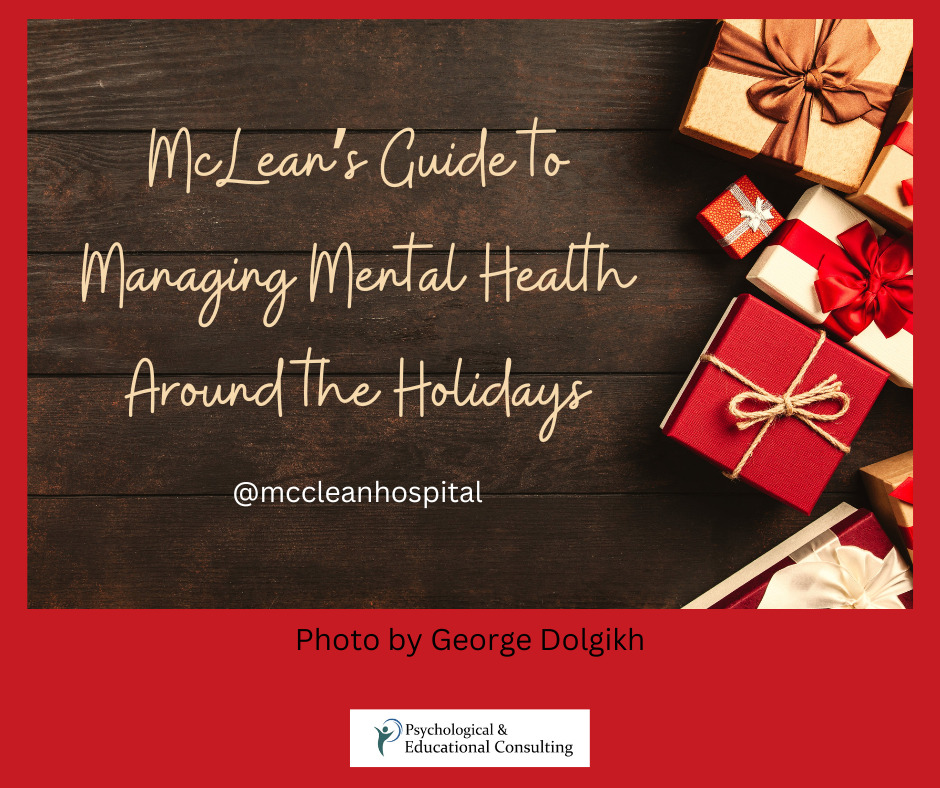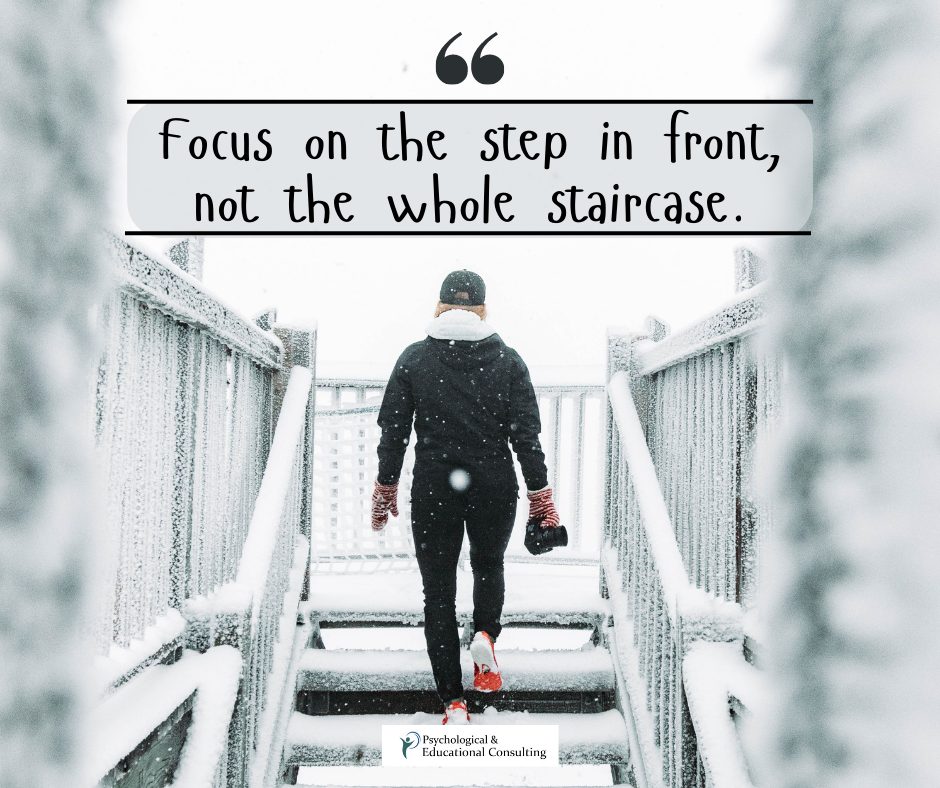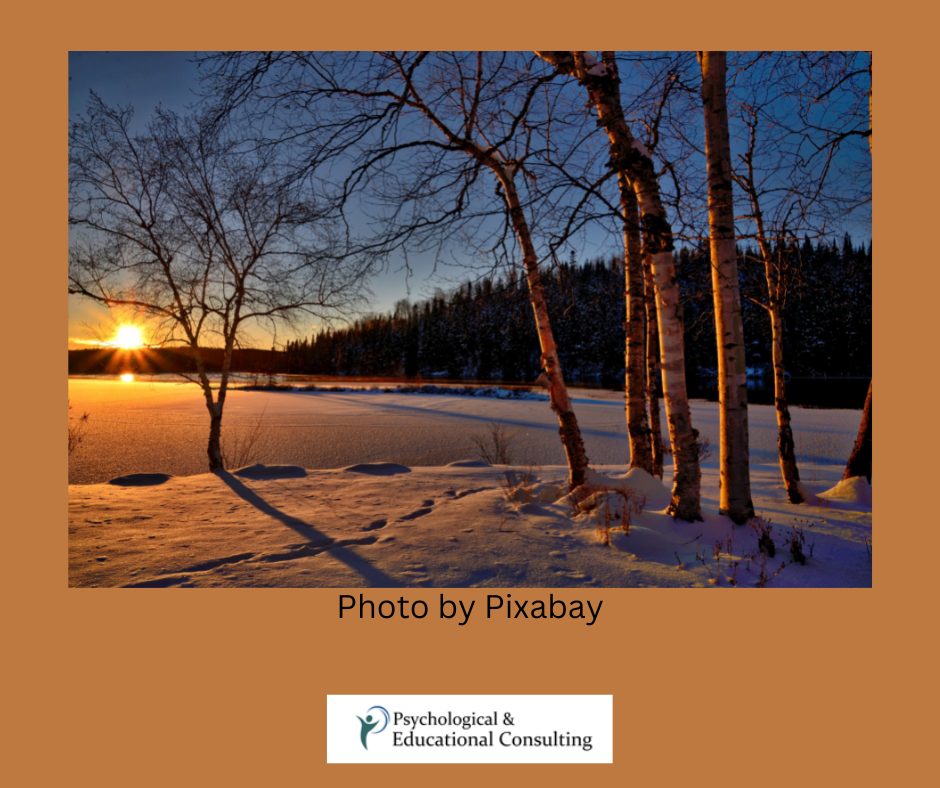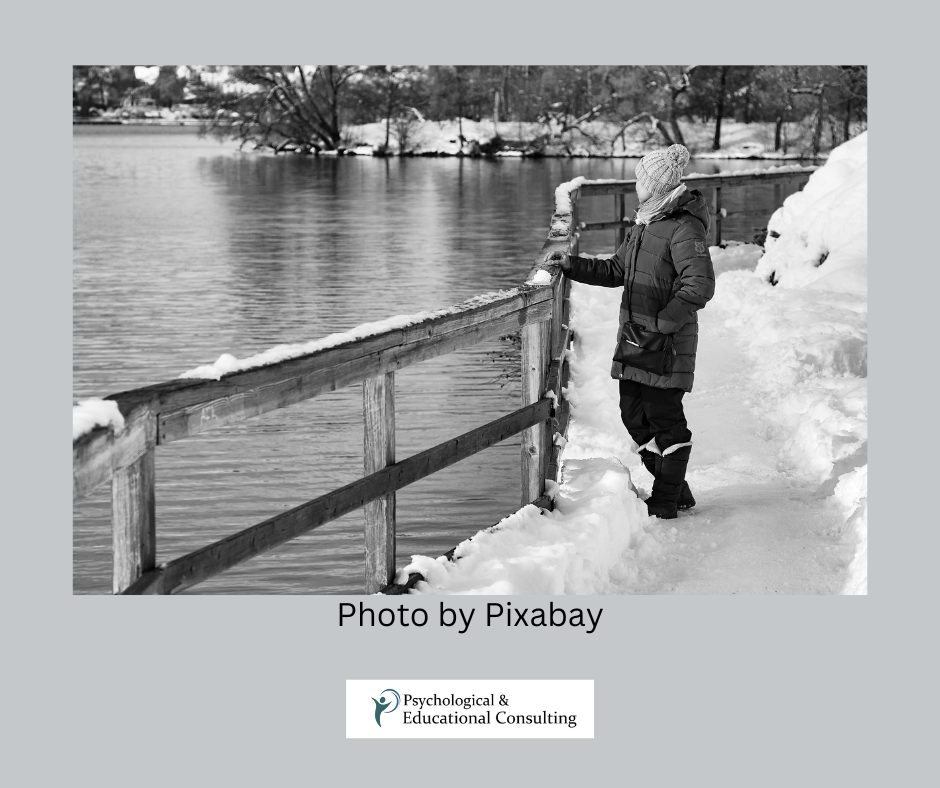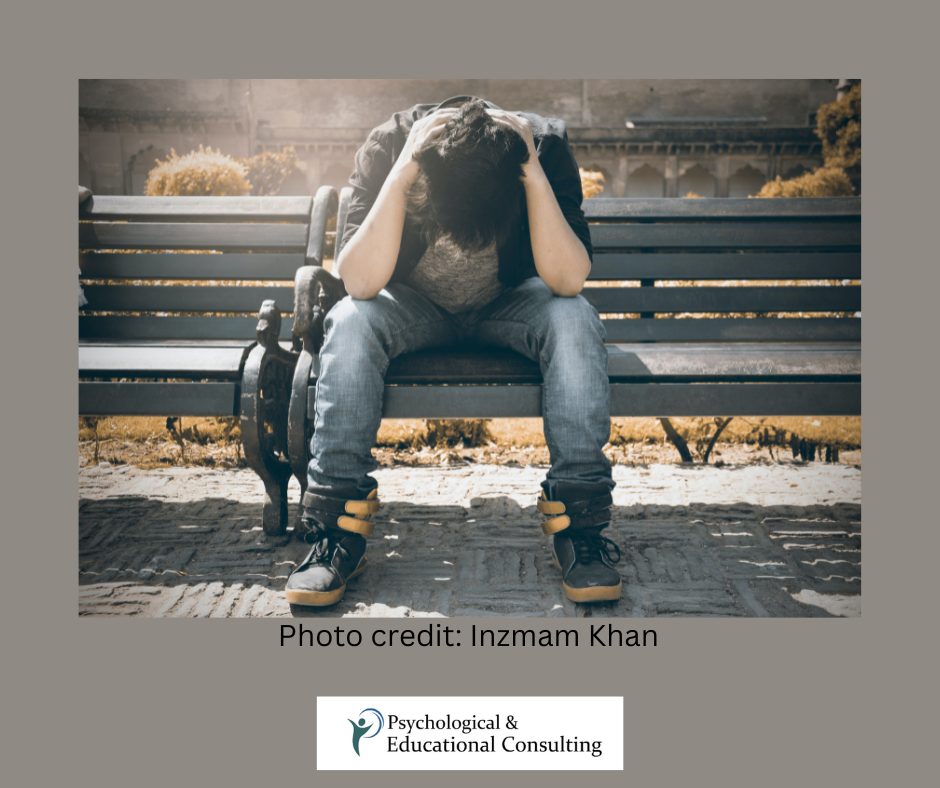What Can Help When You’re Feeling Hopeless
written by Amy Morin, LCSW, posted on Very Well Mind
Hopelessness, by definition, is the belief that things aren’t going to get better or that you can’t succeed.
Whether you feel hopeless about your ability to get out of debt or you feel hopeless about almost everything in life, it is an awful feeling.
Feeling stuck in a place of hopelessness makes life really tough.1Fortunately, there are some things you can do when you’re feeling hopeless to make life a bit better—no matter how bad things might seem.
Consider That Your Brain Might Be Lying to You
Your brain might tell you that things are awful, horrible, and dreadful. It may try to convince you that you can’t succeed or tell you that there’s no chance things are going to get better.
But just because you think it doesn’t mean it’s true. Your thoughts may be distorted, inaccurate, or downright wrong.
You might even think things like, “I’ve tried everything already and nothing works!” But that’s probably a cognitive distortion. You may have tried a few things—or even 10 things—but you likely haven’t tried everything.
At least be open to the idea that the way you’re thinking might not be accurate. There may be more hope than you imagine.



